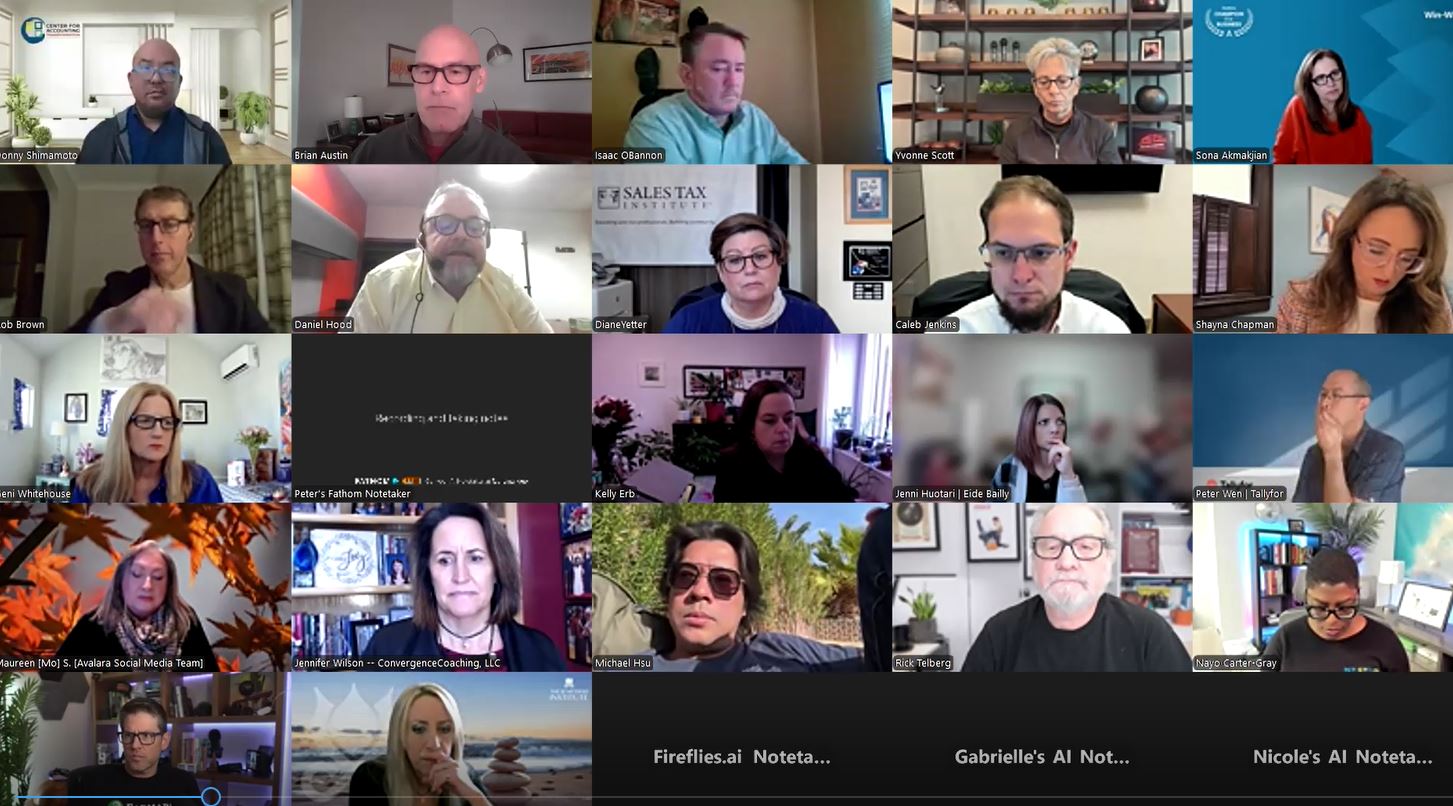Year-end tax decisions usually are difficult for farmers, ranchers and others in agribusiness. But the task is particularly challenging this December, given the so-called fiscal cliff in Washington, D.C.
Making the job a little easier was the goal of the 22nd annual seminar on Income Tax Management for Ag Producers held Nov. 30. The interactive video program, in which 11 sites across North Dakota participated, sought to help farmers and tax preparers improve their year-end farm business decisions and retirement planning.
The event was sponsored by the North Dakota State University Extension Service and the Internal Revenue Service.
The presenters were Steve Eckroth, a Bismarck, N.D.-based tax manager with Eide Bailly, a certified public accounting and business advisory firm, Ann Makres, senior tax specialist with the IRS, Brenda Laub, a certified public accountant in Valley City, N.D., Steve Troyer, a certified public accountant with Eide Bailly in Fargo, N.D., and Marshall McCullough, lawyer and certified public accountant with the Ohnstad Twichell law firm in West Fargo, N.D.
Key topics at the seminar included estate planning and depreciation incentives for 2012.
- Estate tax unsettled
- The fiscal cliff — or the combination of expiring tax cuts and reduction in federal spending that could go into effect at year’s end — clouds many important year-end decisions.
- The estate tax is particularly murky.
- If Congress takes no action, people paying estate tax would have a $1 million exemption and a 55 percent top rate, according to information presented at the seminar.
- If current law is extended, there would be a $5.12 million exemption and a 35 percent top rate.
- Under President Obama’s budget proposal, there would be a $3.5 million exemption and a 45 percent top rate.
- Regardless of what happens with the estate tax, some farmers might want to consider “gifting” property to their heirs before year’s end, Troyer said.
- But such gifting could backfire if farmland values decline sharply or if the gift involves a retired farmer’s source of cash flow.
- “Make sure you’ll have enough income,” Troyer said to people considering gifting.
- Ag producers should be aware of depreciation rules for 2012 that will become less favorable next year, Eckroth said.
- Current law (Section 179 of the IRS tax code) allows businesses to deduct up to $139,000 of the purchase price of qualifying equipment, with a limit of $560,000 on what can be purchased.
- Next year, the deduction will be limited to $25,000, with a limit of $200,000 on what can be purchased.
- Identify theft, IRAs
The IRS tax specialist, Makres, urged ag producers to be wary of identity theft during tax season. “We’ve seen a huge increase in identity theft,” she said.
Identity theft is when personal information such as a Social Security number is stolen and used to commit fraud or other crimes. The IRS urges taxpayers not to give personal information over the phone, through the mail or over the Internet unless the taxpayer initiated the contact or is certain of what he or she is dealing with.
The group also said at the Nov. 30 meeting that farmers with more income than usual in 2012 might consider putting some of it in an individual retirement account. “They’re pretty popular this year,” Laub said. “People are looking for ways to shelter a little bit of income.”
———————-
Copyright 2012 – Agweek Magazine
Thanks for reading CPA Practice Advisor!
Subscribe Already registered? Log In
Need more information? Read the FAQs
Tags: Advisory
![gavel1_11537663[1]](https://www.cpapracticeadvisor.com/wp-content/uploads/2020/03/gavel1_11537663_1_.5e6a69aa237a8.png)


